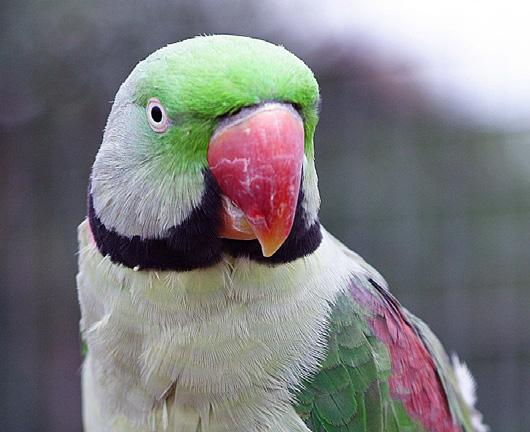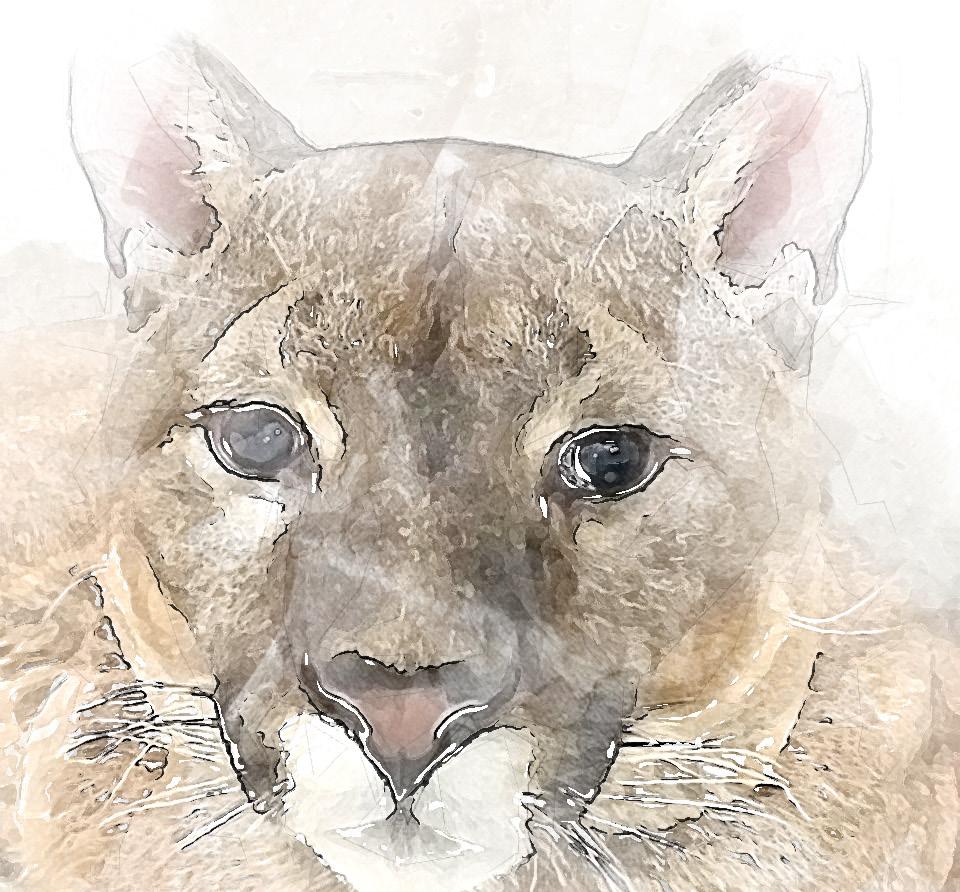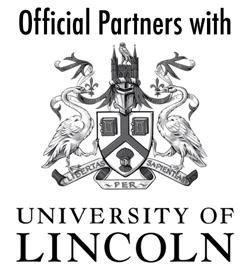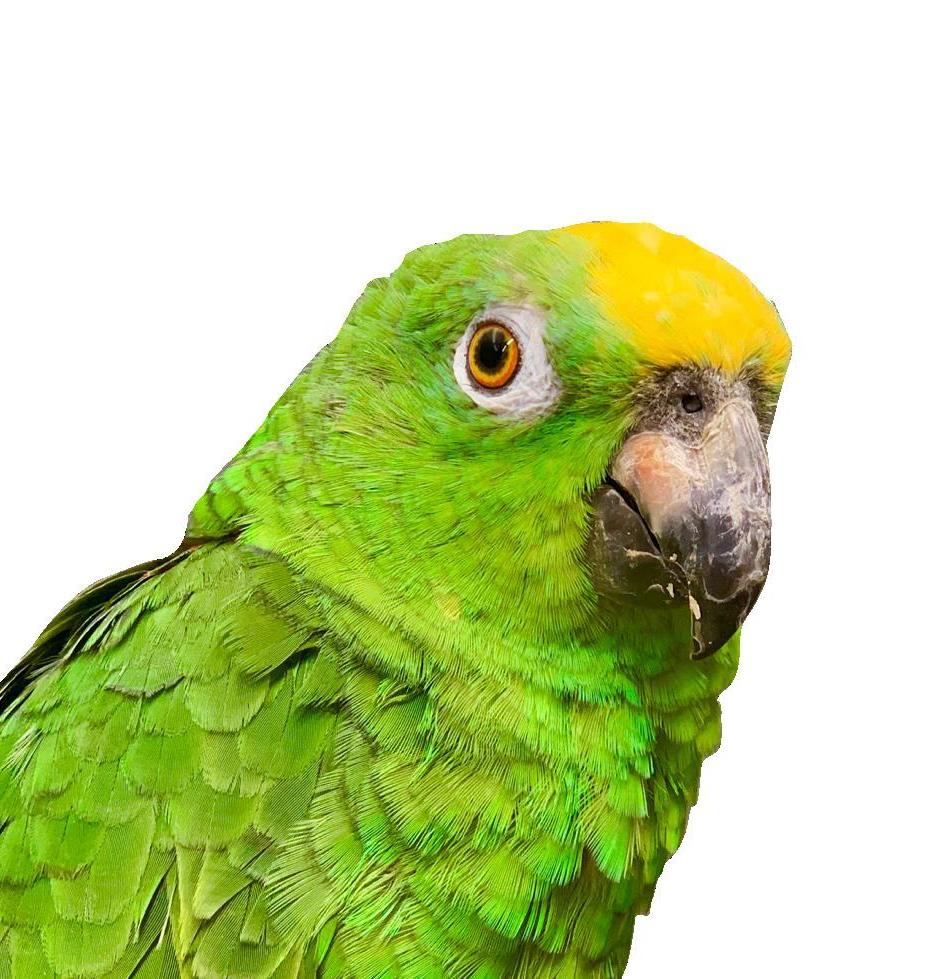
3 minute read
Research
Lincolnshire Wildlife Park actively maintains a partnership with the University of Lincoln to facilitate research.
This collaboration has led to several undergraduate and postgraduate student research projects at the park, while also generating further interest from other universities seeking research opportunities.
Advertisement
Below is a description of the research project approval process, research facilitation efforts by the park, recent and current park research projects, and their value, and future plans.

Research Project Approval Process Individuals interested in undertaking research projects at the park are directed to Dr. Anna Wilkinson at the University of Lincoln, who is the Lead Research Coordinator for Lincolnshire Wildlife Park.
After discussing research project ideas, Dr. Anna Wilkinson and the interested party present the proposed research to Steve Nichols, CEO and Senior Animal Manager of the Park. Mr. Nichols provides input, indicating the feasibility of the intended project. Once the project plan has been developed, researchers submit a formal application to the Ethics Review Board at the University of Lincoln for approval. Once approval has been obtained a research project may begin.
Lincolnshire Wildlife Park facilitating research In addition to providing guidance during the initial stages of research project development, staff at the park provide training and educational materials on animal welfare and care management.
If enclosure modifications are deemed necessary to meet project requirements and have been approved, staff will assist in this process, as well as assisting in construction of research materials.
Future plans Lincolnshire Wildlife Park provides unique opportunities to investigate the cognitive abilities, behaviour, welfare, and management of psittacines.
This is an area of growing international interest for researchers; however, groups of suitable captive animals are incredibly rare.
No other site has the potential to host comprehensive comparative (cross-species) studies of key aspects of parrot behaviour and welfare. Most have access to a small number of birds and house only a few species.
RESEARCH
In partnership with the University of Lincoln (and potentially in collaboration with other universities including The Veterinary University of Vienna) we are at the forefront of this type of research.
Our recent projects involve research with the big cats; investigating fundamental questions relating to behaviour and welfare, such as enclosure use and intra-specific communication.
In parallel, we also plan to increase our focus on British wildlife with a focus on Corvids, (crow family).
We plan a research programme investigating cognition and behaviour of these birds.
All projects are run alongside an education programme focussing on key issues related to captive care and conservation. Research Projects
• Navigation in an open field task in Sulcata Tortoises • Individual recognition in Blue-fronted Amazons • Spatial navigation in Leopard and Sulcata Tortoises in a T-maze using cues • Relationship quality and problem-solving ability in Orange- winged Amazons • Numerical discrimination in African-greys • Physical cognition in Macaws • Human cue use in Lemurs
Research projects such as those above benefit the species involved by providing a greater understanding of their cognitive capacities and social behaviour. Information can and is used in both conservation efforts and efforts to improve the quality of life of captive animals.
The research on navigation in tortoises, for instance, sheds light on how these animals locate food sources in the wild, while the research on parrot cognition and social behaviour lends support to the notion that enrichment and stimulation (cognitive and social) are necessary for their well-being.
By continuing to support such research projects, Lincolnshire Wildlife Park makes a significant contribution to the body of knowledge that exists on these species so that they may be better understood and cared for.












